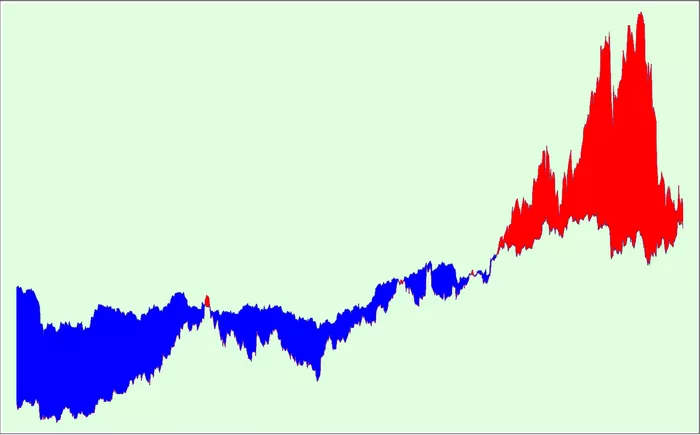Demand for gold is expected to remain robust, driven primarily by emerging markets such as China, India, and Turkey, according to Mr. John Reade, Chief Market Strategist at the World Gold Council.
Speaking at the Nomura Investment Forum Asia 2024 in Singapore on June 4, Reade highlighted that nearly three-quarters of consumer demand for gold over the past decade has originated from emerging markets. This marks a significant shift from previous decades when the majority of gold demand came from Europe, North America, and Japan. “Emerging market buyers have now taken control of the gold market away from Western markets,” Reade stated.
The price of gold has soared to all-time highs across various currencies, driven by record purchases from central banks and increased allocations from investors. According to data from the World Gold Council, 38% of average annual net demand for gold comes from investment purposes, while 18% is acquired and held by central banks as part of their reserves. Jewelry and technological applications account for another 45% of gold usage, with a noted increase in demand from the tech sector despite advancements in semiconductor technology reducing the amount of gold needed per unit.
Reade emphasized that despite historical correlations suggesting otherwise, gold prices have defied expectations. Factors such as real 10-year US treasury yields and the strength of the US dollar, which traditionally influence gold prices, have not led to anticipated declines. He noted that even amid expectations of US interest rate cuts and political uncertainties, investors have continued to flock towards gold as a safe haven asset.
The surge in gold purchases by central banks, doubling from historical averages to over 1,000 tons annually in recent years, coupled with strong demand from emerging markets, has reshaped the gold market dynamics. Emerging market central banks have consistently increased their gold reserves since the global financial crisis, driven by concerns such as geopolitical tensions, inflation pressures, and the trend towards dedollarization.
Looking ahead, Reade pointed out potential challenges in gold supply, including production bottlenecks and environmental regulatory hurdles that may constrain future output. Recycling of gold from old jewelry is gaining traction as a viable alternative source.


























